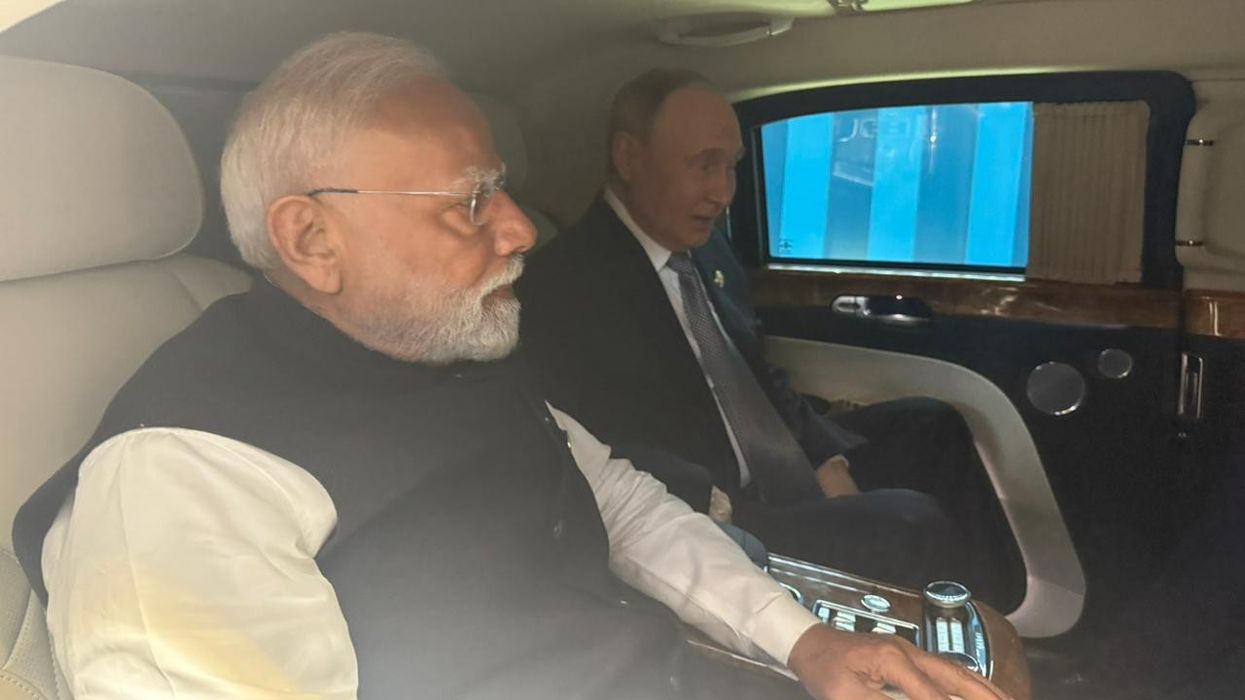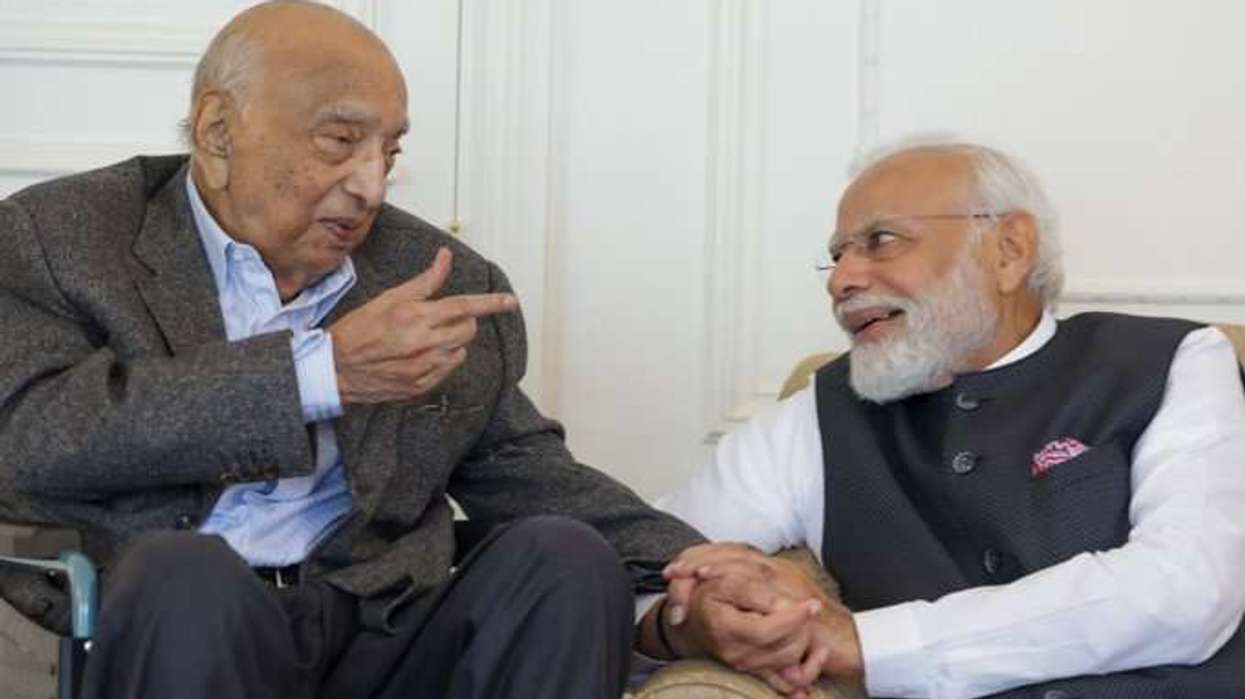INDIAN prime minister Narendra Modi met Russian president Vladimir Putin and Chinese president Xi Jinping on the sidelines of the Shanghai Cooperation Organisation (SCO) summit in Tianjin, China.
Modi pressed for ending the Ukraine conflict at the earliest, reaffirmed India’s long-standing ties with Russia, and discussed trade and border issues with Xi.
The SCO leaders also strongly condemned the Pahalgam terror attack and stressed collective responsibility in combating terrorism.
Here are the six main takeaways from the summit:
1. SCO condemnation of Pahalgam attack
Modi, in his address, called the Pahalgam terror attack “an assault on India’s conscience” and “an open challenge to every nation that believes in humanity.” He said combating terrorism is a “duty towards humanity.” The SCO declaration echoed this, with leaders strongly condemning the attack and stressing the need for united global efforts against terrorism.
“The member states strongly condemned the terrorist attack in Pahalgam on April 22,” it said.
“They (member states) expressed their deepest sympathy and condolences to the families of the dead and the wounded. They further stated that perpetrators, organisers and sponsors of such attacks must be brought to justice,” the declaration said.
2. Modi–Xi meeting on trade and border issues
Modi and Xi agreed to expand trade and investment ties to stabilise global commerce and deepen cooperation to address common challenges.
They also discussed the festering border issue and agreed to work towards a “fair” solution.
Modi thanked Xi, the Chinese government and the people of China for the successful organisation of the summit, his first visit to the country in seven years.
Modi said an atmosphere of "peace and stability" has been created on their disputed Himalayan border, the site of a prolonged military standoff after deadly troop clashes in 2020, which froze most areas of cooperation between the nuclear-armed strategic rivals.
3. Modi–Putin meeting on Ukraine and bilateral cooperation
Modi told Putin, “The call of humanity is to end the conflict as soon as possible and find ways to bring permanent peace to the region.”
He welcomed peace initiatives and emphasised a durable settlement. Putin, addressing Modi as “Dear Mr Prime Minister, dear friend,” said Russia and India had maintained “friendly and trusting” ties for decades.
The leaders discussed cooperation in trade, fertilisers, space, energy, security and culture, reaffirming the “Special and Privileged Strategic Partnership.”
4. Modi–Putin private conversation in limousine
Before their formal meeting, Putin offered Modi a ride in his Aurus limousine.
The two leaders held a one-to-one conversation for nearly an hour inside the car.
Modi later shared a photograph on social media, writing, “Conversations with him are always insightful.”
Modi said India is waiting to receive Putin later this year. The Russian president is scheduled to travel to India in December for summit talks.
5. Xi’s call for SCO development bank
Xi Jinping said the SCO’s “international influence and appeal are increasing day by day.”
He urged members to accelerate creation of a development bank and announced initiatives including scholarships, PhD programmes, livelihood projects and AI cooperation centres.
He also proposed closer cooperation in energy, infrastructure, digital economy, science and green industries.
6. Condemnation of Gaza strikes
The SCO members also criticised the military strikes by Israel in Gaza, noting that they have caused civilian casualties and created a humanitarian crisis in the region.
The SCO also condemned terror strikes in Pakistan’s Balochistan province, including those in Khuzdar and on the Jaffer Express.
(With inputs from agencies)





